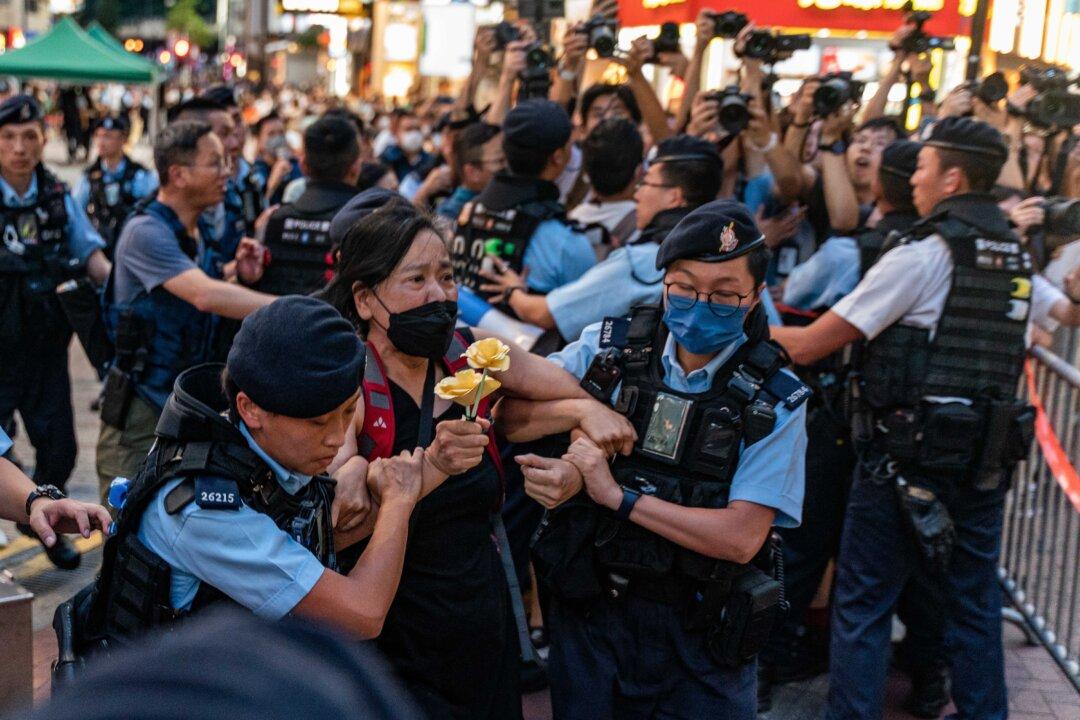Wofoo Social Enterprises Limited’s “Hong Kong We Care” group released its research results of the “Hong Kong Workplace Happiness Index” on March 20 and found that Hong Kong’s workplace happiness index only scored 5.15 out of 10 points, which is lower than the personal happiness index.
The survey also found that 40 percent of the working people said they were overworked, and 30 percent even said that their work-life balance is severely impacted due to working long hours.




